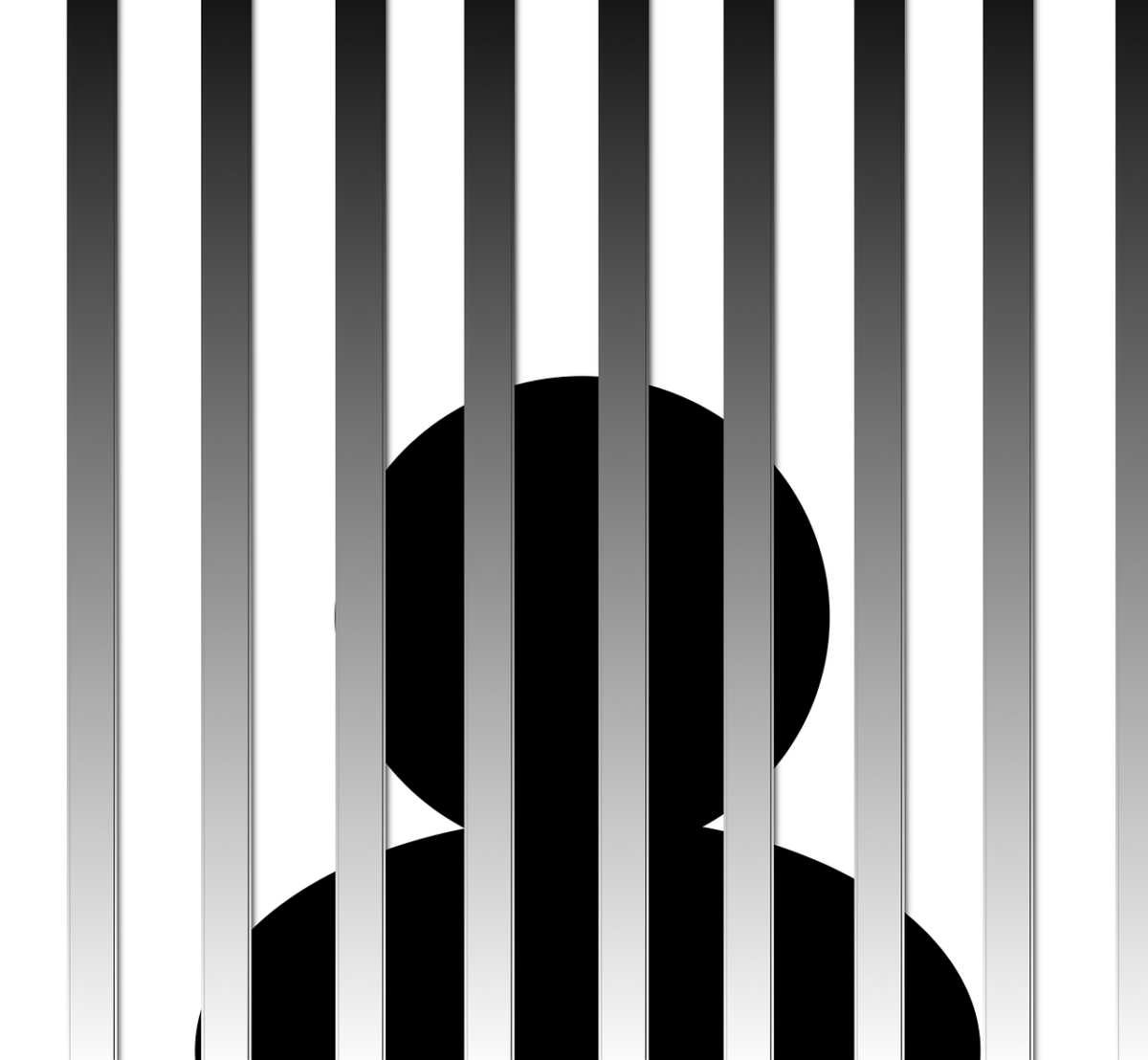Clean Slate Law to erase low-level offenses from the records of 80,000 Connecticut residents
More than 80,000 Connecticut residents will go into 2024 with their convictions for certain old, low-level offenses erased from their criminal records.

Under the recently enacted Clean Slate Law, eligible residents who completed their sentences and have remained crime-free for a specified number of years will no longer carry the stigma of having a criminal history. The law, which was passed in 2021, is designed to remove barriers to jobs, education, and housing that people with low-level offenses have often faced.
Eligible offenses for erasure include any classified or unclassified misdemeanor (imprisonment less than one year), with a seven-year waiting period from the person’s most recent conviction, as well as Class D, E, or unclassified felonies (imprisonment less than five years), or operating under the influence, with a 10-year waiting period from the person’s most recent conviction.
Record erasure does not mean deletion or destruction of information, but it causes a record to be flagged for nondisclosure to anyone other than the clerk holding the records. The process to erase the vast majority of eligible records is expected to be completed by the end of January 2024.
“Turning your life around after making a mistake isn’t easy, but many people who’ve been convicted of low-level offenses and haven’t committed any other crimes find those convictions haunting them for decades, sometimes leading to situations in which they are unable to obtain employment, are prevented from finding a place to live, or are denied educational opportunities,” said Gov. Ned Lamont. “The idea that minor crimes should remain a part of someone’s permanent record is outdated, ineffective, and can cause more harm than good. Connecticut’s Clean Slate Law is about removing barriers that prevent people from leading successful and productive lives.”